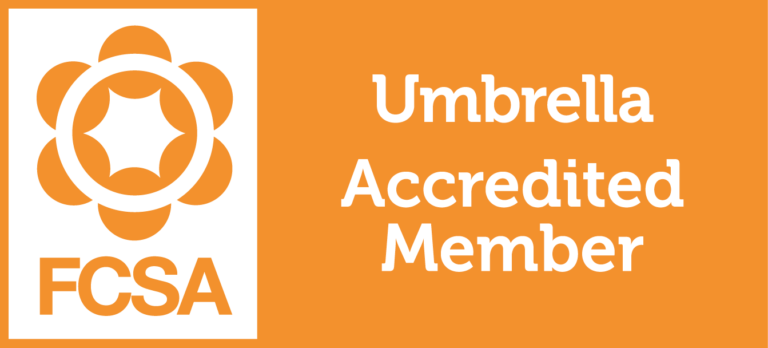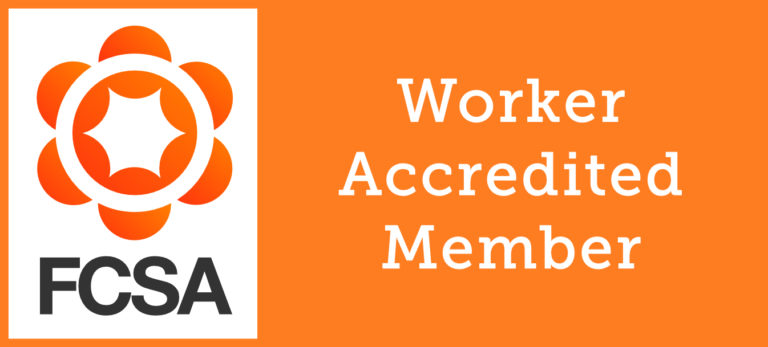
Contrary to predictions following Covid-19, Brexit and IR35, the contracting market is continuing to grow. The latest labour market data from the Office for National Statistics revealed the first month-on-month increase in the number of freelancers since March last year: the number of people working in self-employed roles in the UK increased by almost 20,000 between January and February 2021.
Contracting specialists state that the data signals a ‘cautious optimism’, with the jobs market projected to boom in the coming years. However, this growth could see added competition for contracting jobs as companies begin to ramp up hiring once more, and the existing legal, financial and social challenges faced by many will remain (and in some cases worsen).
Generate’s contractor management specialists reveal the most common challenges faced by those in temporary and short-term roles – and the solutions that could help.
The Top 3 Contractor Problems and Solutions
1. Finding a New Job
Experienced contractors understand the importance of networking: the old adage of ‘it’s not what you know, but who you know’ has never been truer than in the temporary employment market. The connectivity required to sustain large networks can often prove trickier for those starting out in the market, those living in rural locations, those who are more introverted and those who have other demands on their time such as parental and caregiver responsibilities. The pandemic has also further heightened hurdles for short-term employment, as over 60,000 contractors saw their assignments delayed or cancelled last year when companies across industries implemented urgent cost cutting initiatives.
Finding a great contract job needn’t rely solely on the size of your networks, but how you use the network you have. For maximum optimisation of even the smallest network, start from the beginning. Think about the types of roles you want, and the types of person (industry, function, seniority level and personality) who would be ideally placed to introduce you. If these people are not in your network already, you could make conscious efforts to meet and engage them by understanding their interests and roles, for example attending events that they register for or joining and becoming active in an online discussion group, to provide both a channel to meet these people and topics of conversation/mutual interest.
Friends and acquaintances outside of this target segment can also prove vital in helping you find your perfect assignment. Speak honestly with trusted connections in relevant industries or hiring roles, and ask them for their help or advice; most people are flattered by someone seeking their opinion, and will be glad to help you. Returning the favour and generally giving help, advice and support to connections when needed will go a long way, and will likely generate positive outcomes for all involved in the near future if not immediately.
2. Finding a Good Long-Term Recruitment Agency Partner
Recruitment consultants often suffer an unfairly negative reputation, which can deter candidates from engaging with agencies and receiving valuable support. Candidates’ most popular complaints consist of recruiters failing to call back or offer support at key points in the recruitment process, a lack of interest in the candidates’ wants and needs, and pushing candidates into roles they are unsuitable for or uninterested in. With over 40,000 recruitment agencies in the UK alone, finding the right one for you may seem a daunting task – how can contractors spot a recruitment agency that will truly understand and best support them?
Here’s your checklist for identifying a knowledgeable, ethical and trustworthy contractor recruitment agency:
- Industry Standards – Legitimate staffing agencies will be recognised as such in the recruitment market. Agencies who have won awards from well-known programmes, and those who are members of established industry bodies such as the Recruitment & Employment Confederation (REC) or Association of Professional Staffing companies (APSCo), will have provided solid evidence to prove their services are professional and their standards are high.
- Communication – Whilst recruiters are as busy as any professional, the best recruiters will get back to you after any job application or first contact approach – even if it’s to let you know that they’ll only get in touch again if you’re a successful applicant. Honest, reliable recruiters will regularly be in touch throughout your career, not only with potential opportunities but for casual chats to continue to build your relationship, and will listen much more than they talk. Communicative recruiters know their candidates inside and out, and will be the most supportive and most successful at securing the ideal assignments.
- Recommendations – Search through the agency’s Google reviews, social media comments, reputation on message boards like Reddit and candidate testimonials on their website. Whilst there are bound to be a few negative reviews when mistakes happened or candidates didn’t see eye to eye with their consultants, the majority of reviews for the best recruitment agencies will be positive and specific, which will be evident from a varied style of review and specifics about their experience.
3. Tax & Compliance
The implementation of IR35 legislation to the private sector has further complicated tax for self-employed workers. The off-payroll changes brought in from April 2021 have caused confusion and worry amongst contractors, recruitment agencies and employers alike. Contractors are concerned about extra tax requirements of up to 25% if employers and recruiters cannot share the burden, and the financial and long-term career consequences of inaccurate status determination.
To help ease tax and compliance-related frustrations, contractors are best placed to avoid relying on the Government’s often inaccurate CEST tool and instead form closer alliances with both employers and recruiters. Some businesses have taken the incorrect stance that status determination can be decided en masse for multiple contractors at once. Self-employed workers can change this perception and ensure a more accurate status determination by:
- Reflecting on your previous employment contracts and what your previous experiences could reveal about your next status determination. For example, if you usually use your own tools and equipment and your client does not control when, where and how you work, you may be outside of IR35 – but remember to assess every new assignment individually.
- Providing any and all relevant documents up front, including those which have not yet been requested by your employer, to reduce the opportunity for incorrect assumptions.
- Sharing your concerns and personal circumstances with your recruiters, asking them about how they are supporting other candidates regarding IR35, and requesting a referral for trusted legal advice.
- Keeping your knowledge up-to-date by following IR35 legislation changes and the details and outcomes of IR35 tribunal cases, then communicating these to your recruiters and employers to quickly harness new information as it is published.
- Connecting with an umbrella company or payroll provider that specialises in contractor tax and compliance, who are guaranteed to have the highest level of expertise and provide the best guidance on IR35 and your personal circumstances.
Find the Right Payroll Provider for You
Whatever your tax, compliance or payroll situation, Generate are on call to help – find out more about how our contractor management specialists could support you. Get the latest market insights – Discover the Top Contracting Trends for 2021 and Beyond











